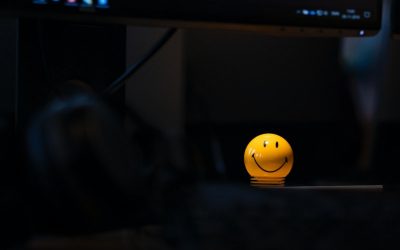Everyone experiences the blues every now and then. Life, with its curveballs and its ups and downs, means that we all fluctuate between feeling happy and sad at times.
But feeling sad is very different from being depressed. While people often use the term “depressed” to explain how they are feeling when they are feeling down, depression is, in fact, a very particular mental state that is not the same as your everyday “blues”. While feeling sad is a transient emotion, depression is a far more persistent condition that affects your ability to function socially and occupationally over an extended period of time.Of course, depression and sadness are related – most people who are depressed will feel sad or low most of the day, every day. In this sense, you can say that most depressed people feel sad, but not all people that are sad have depression.
Depression often leaves people feeling like they are unable to cope with their everyday lives and feel overwhelmed by ordinary chores and obligations. Along with experiencing a low mood, those who are depressed will also experience disturbances in their sleep patterns, their appetites and their energy levels in general.
They may feel tired despite sleeping a lot and they may lose or gain weight. They may feel more lethargic and prefer spending time alone rather than with others – lacking the energy and motivation to socialise. They may even begin to experience difficulty in concentration and decision making and find themselves forgetful a lot of the time. The most characteristic symptom of depression is the sense of hopelessness that most people feel when depressed.
Many will describe feeling empty and dull, lacking any excitement or motivation and some may even experience thoughts of suicide.
Suicide can be a serious threat with some people struggling with depression and as such, it is necessary to recognise the early symptoms of depression and seek help sooner rather than later. Essentially while feeling sad is just an emotional state, depression is a diagnosable mental illness that requires treatment – preferably in the form of counselling or therapy and, sometimes, medication.
Although many people only experience one episode of depression in their life, most people will experience repeat episodes.
However all episodes of depression can be well managed and resolved with appropriate counselling and, sometimes, medication. The counselling helps the person explore particular areas of their life that are stressful or unhealthy and needing change and helps the person to challenge any negative distorted thoughts that are contributing to the condition.

